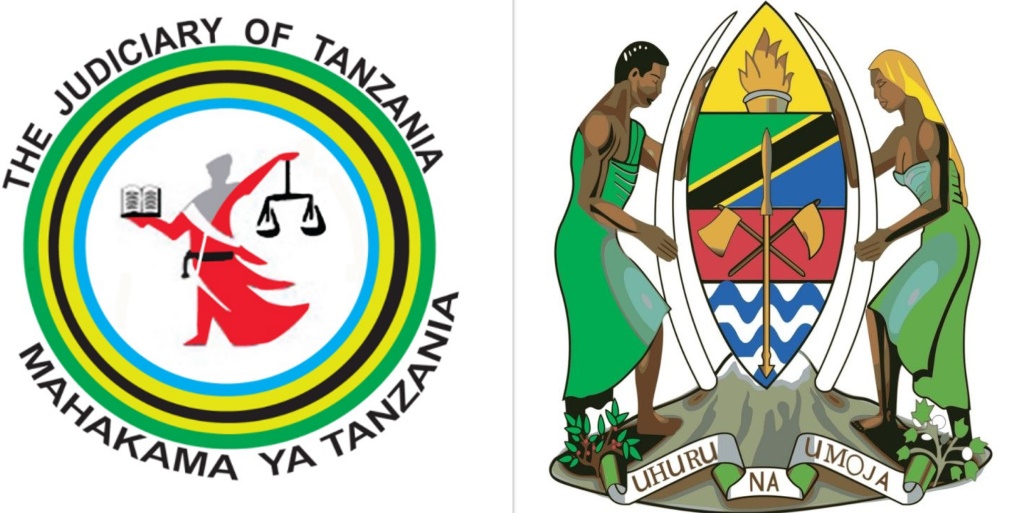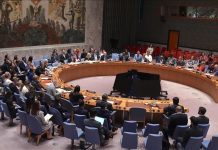Author: FAUSTINE KAPAMA
AfricaPress-Tanzania: THE World Intellectual Property Organisation (WIPO), which is one of the 15 specialised agencies of the United Nations (UN), has commended the Judiciary of Tanzania for implementing a copyright project in the country.
Speaking at a meeting of member states held virtually recently, WIPO Programme Officer Alexandra Bhattacharya commended the Judiciary for the implementation of the project and promised to continue working closely with the Judiciary of Tanzania.
According to a statement issued by the Judiciary’s Directorate of Information and Communications, Ms Bhattacharya said, “I would like to commend the Judiciary of Tanzania for its sincere commitment to fighting for this project and make it an agenda of the Judiciary and the nation as a whole.”
During the meeting, the Judiciary of Tanzania presented its experience in the implementation of the copyright project to state members of the organisation, where Principal Judge of the High Court of Tanzania, Dr Eliezer Feleshi, and the head of the Judicial Reform Unit witnessed the presentation.
The meeting held via a video conference brought together senior government officials from various countries, including Switzerland, Sweden, Malawi, Cambodia, Uganda, Rwanda, Nepal, Ethiopia, Zambia, Mozambique and others.
Presenting her paper at the session, the representative and supervisor of the project from the Judiciary of Tanzania, Ms Upendo Ngitiri, informed participants that the Judiciary had succeeded in the implementation of the project due to the strong leadership of Chief Justice of Tanzania.
“The Judiciary of Tanzania has been successful in the implementation of this project, including providing copyright training to judges and magistrates. Similarly, the Intellectual Property Training Programme has been successfully incorporated in the Master Training Plan of the Judiciary,” she explained.
According to Ms Ngitiri, who is also the Resident Magistrate from the Directorate of Judicial Case Management, the Judiciary was also in the process of preparing a summary of laws and copyright cases.
She added that such a pillar of the state was further in the process of signing a Memorandum of Understanding (MoU) with WIPO to strengthen relations and cooperation between them.
Ms Ngitiri further briefed participants on her experience and explained that to achieve the establishment and implementation of projects involving international institutions it was important to consider a number of factors.
The factors include considering the policies of countries and institutions they come from, adhere to international conventions and policies, looking at the country’s needs and commitments.
The Judiciary began implementing the WIPO project in 2018.
The benefits of the project include empowering judicial officers to effectively decide cases arising from the infringement of intellectual property rights, notably disputes over the theft of trademarks.
Other benefits are the empowerment of judicial officers in the alternative dispute resolution (ADR) and provide an opportunity for Tanzanian judges to exchange views and experiences with judges of various countries in the administration of justice through the WIPO Judicial Institute.
The WIPO is one of the specialised agencies of the United Nations (UN).
Pursuant to the 1967 Convention establishing the organisation, WIPO was created to promote and protect intellectual property (IP) across the world by cooperating with countries as well as international organisations.







